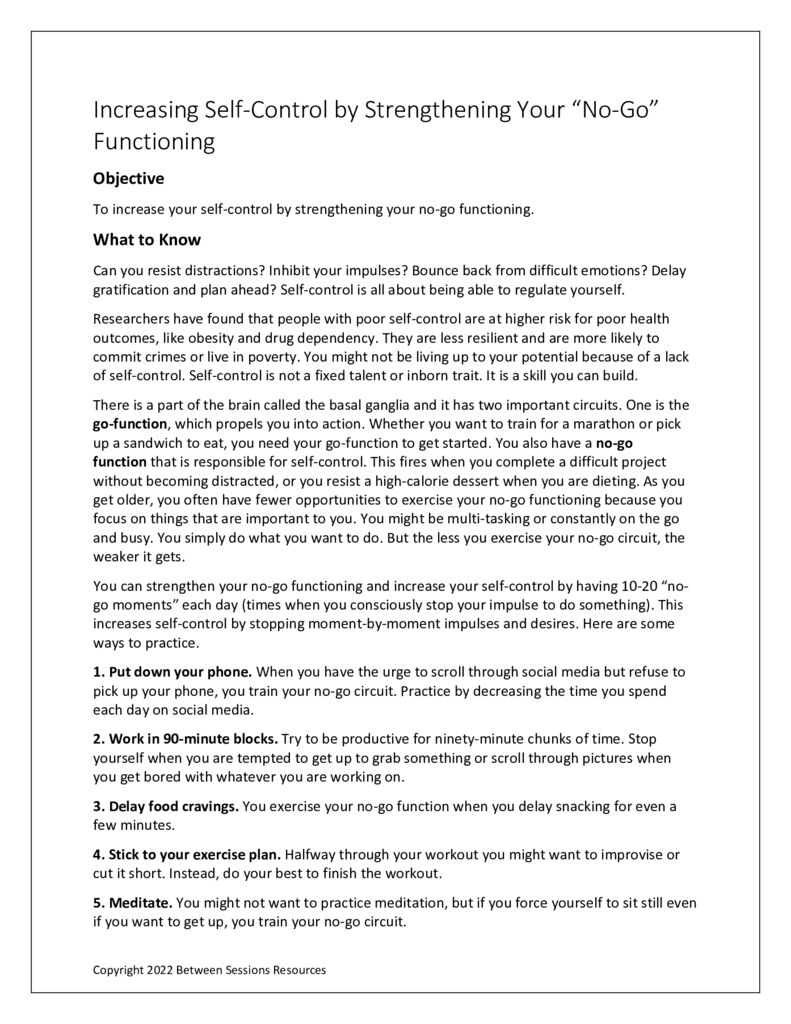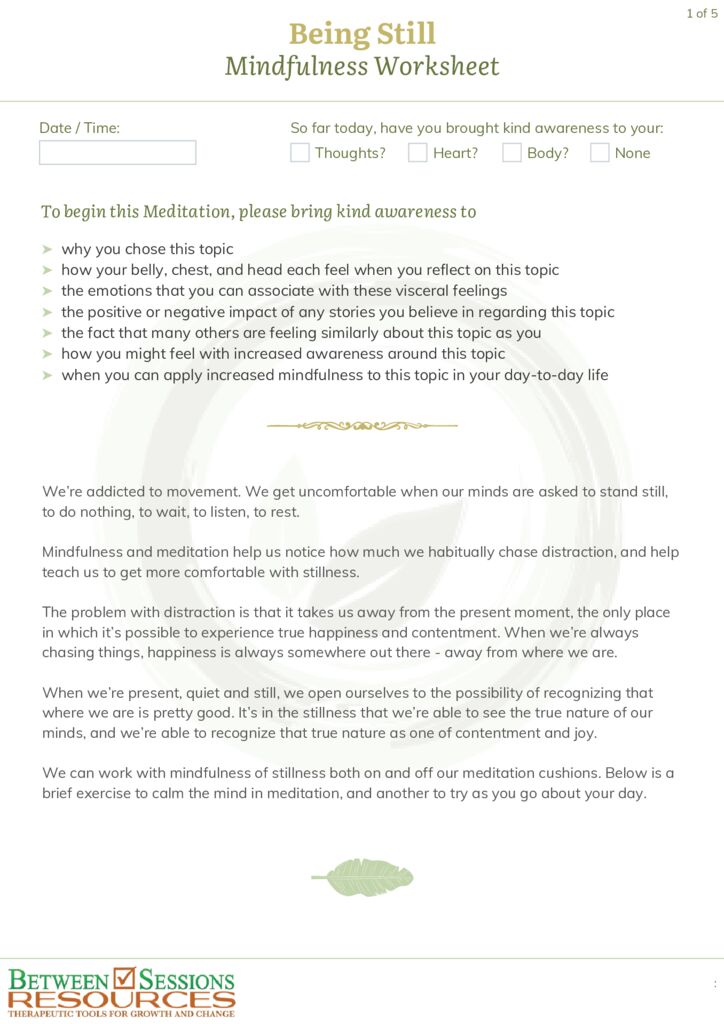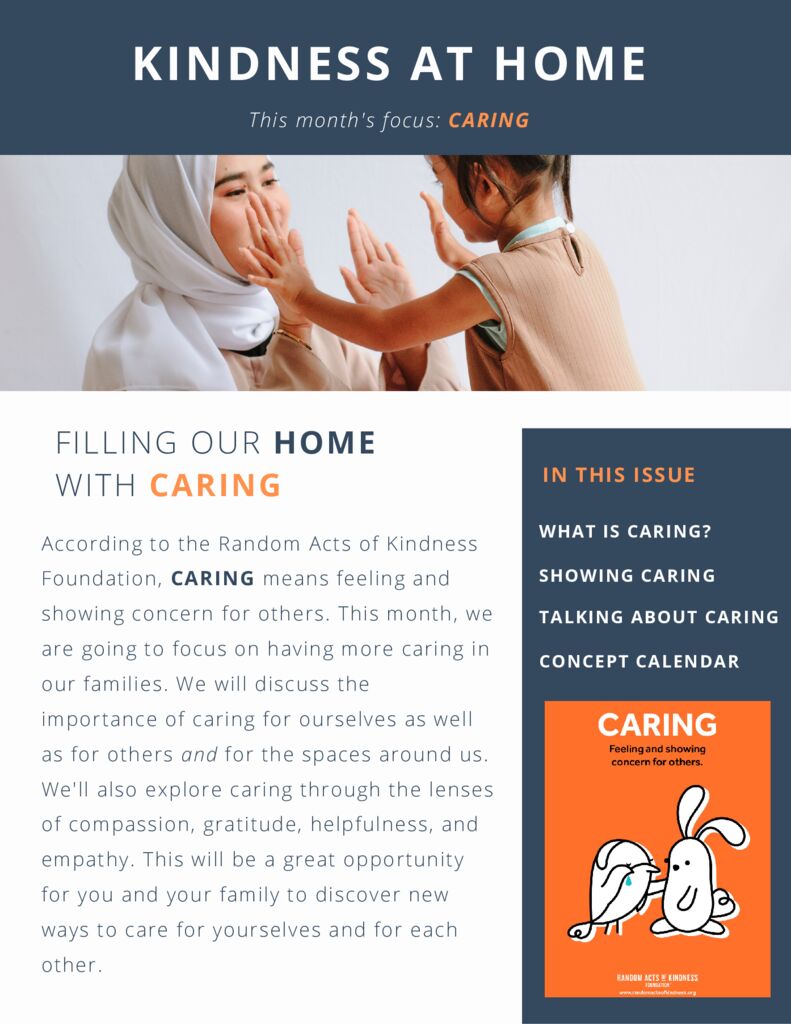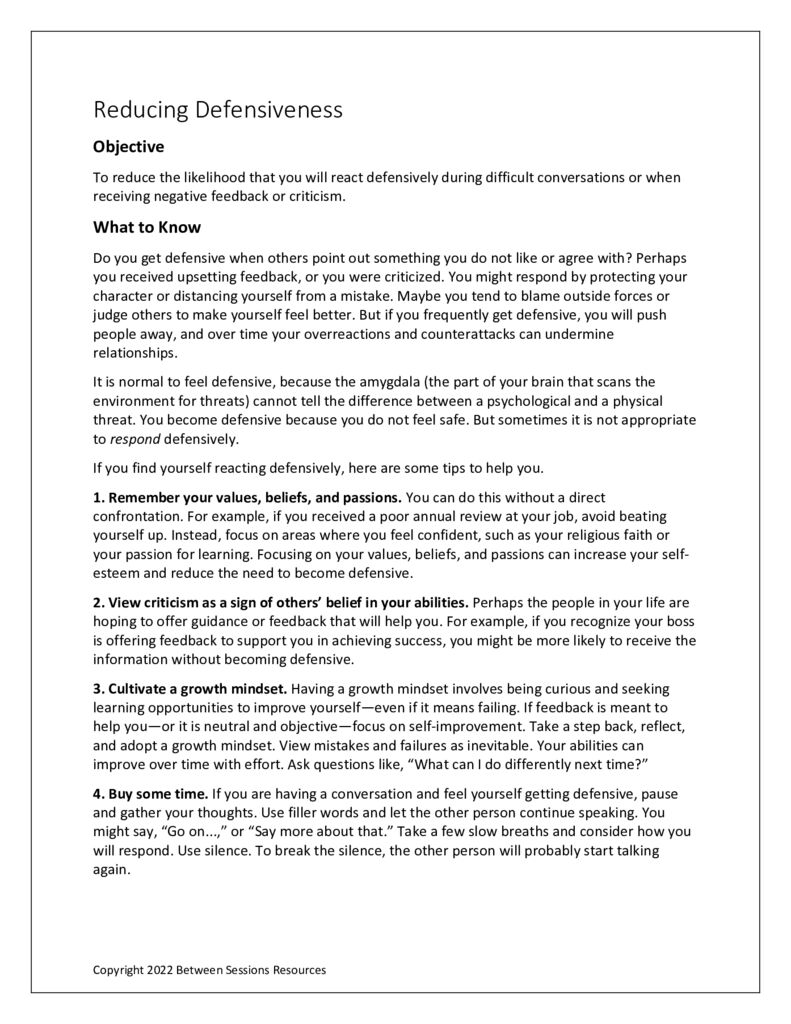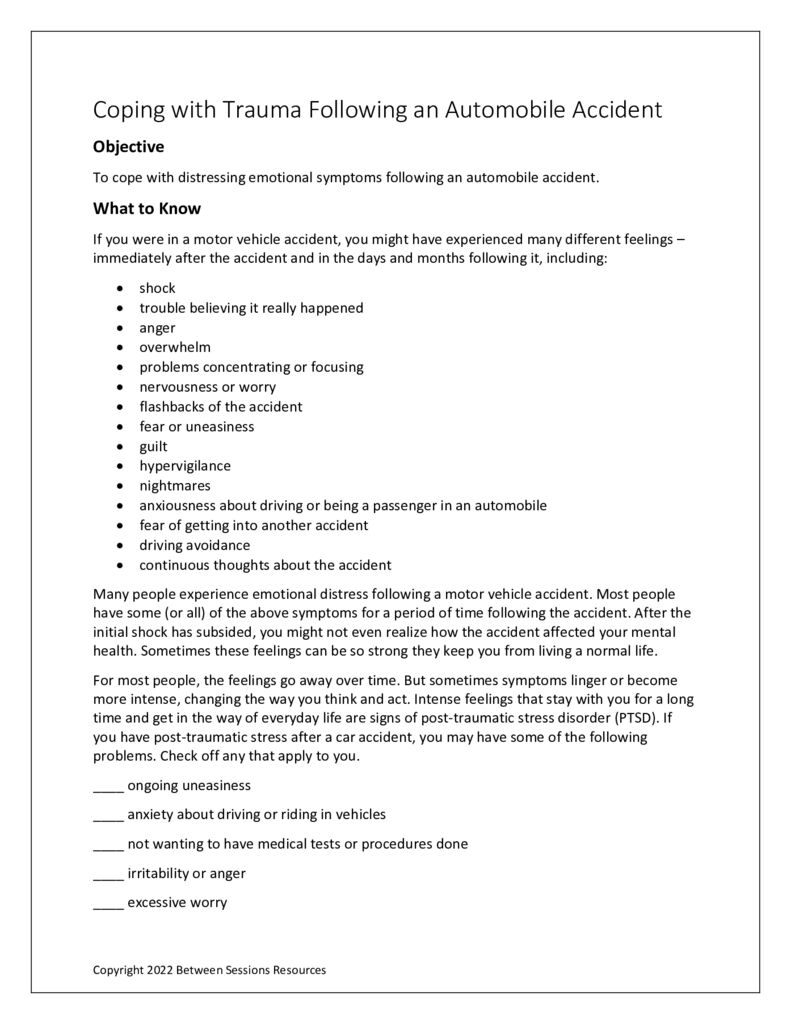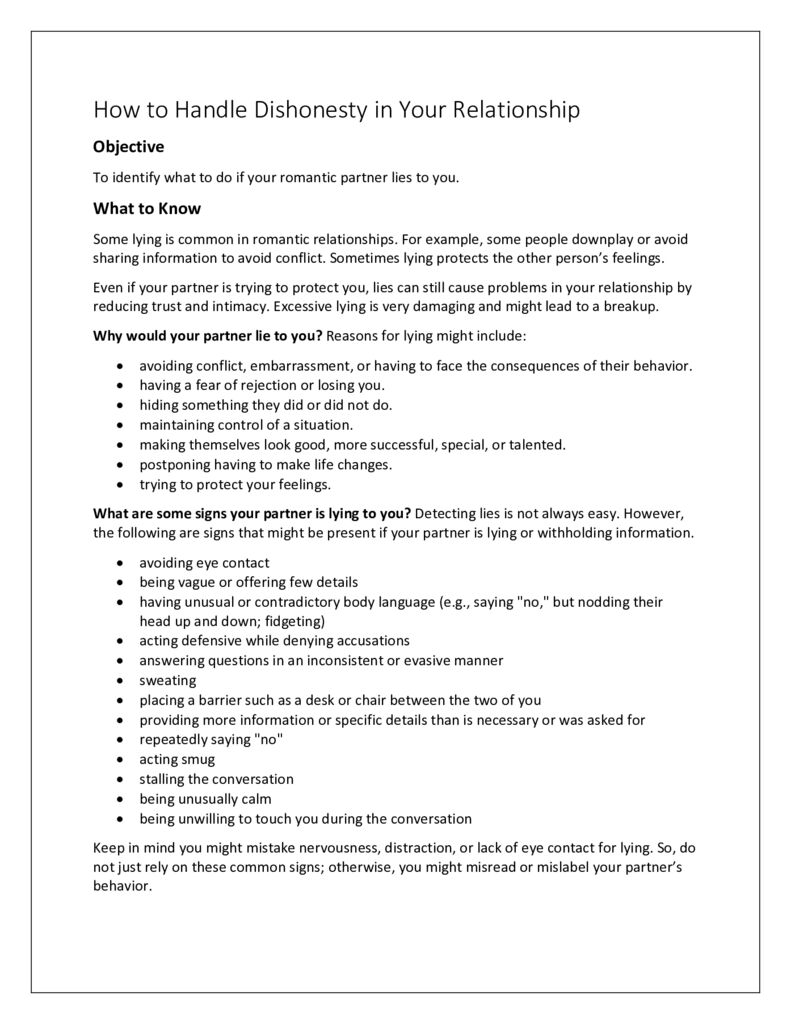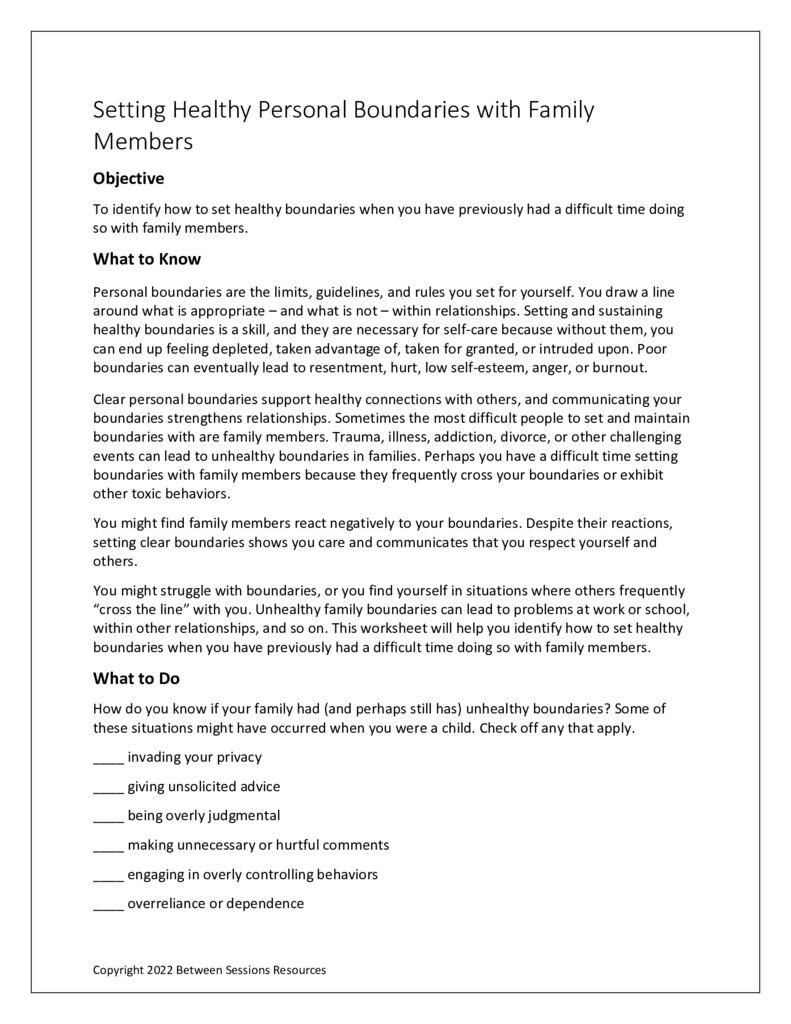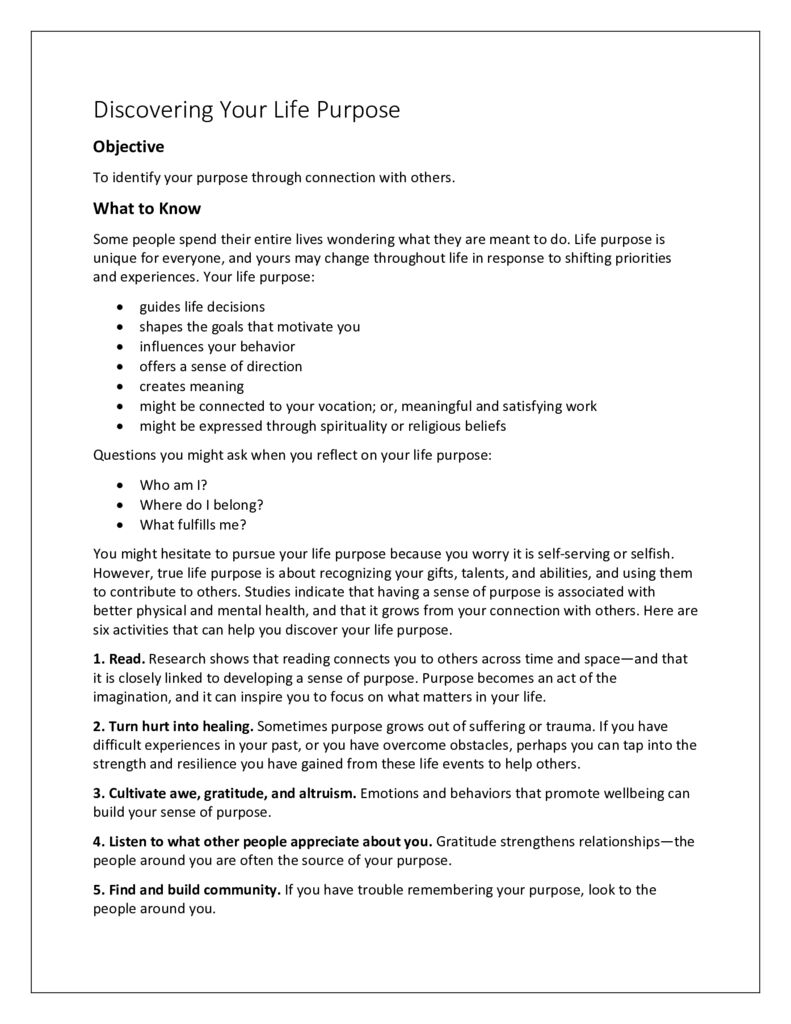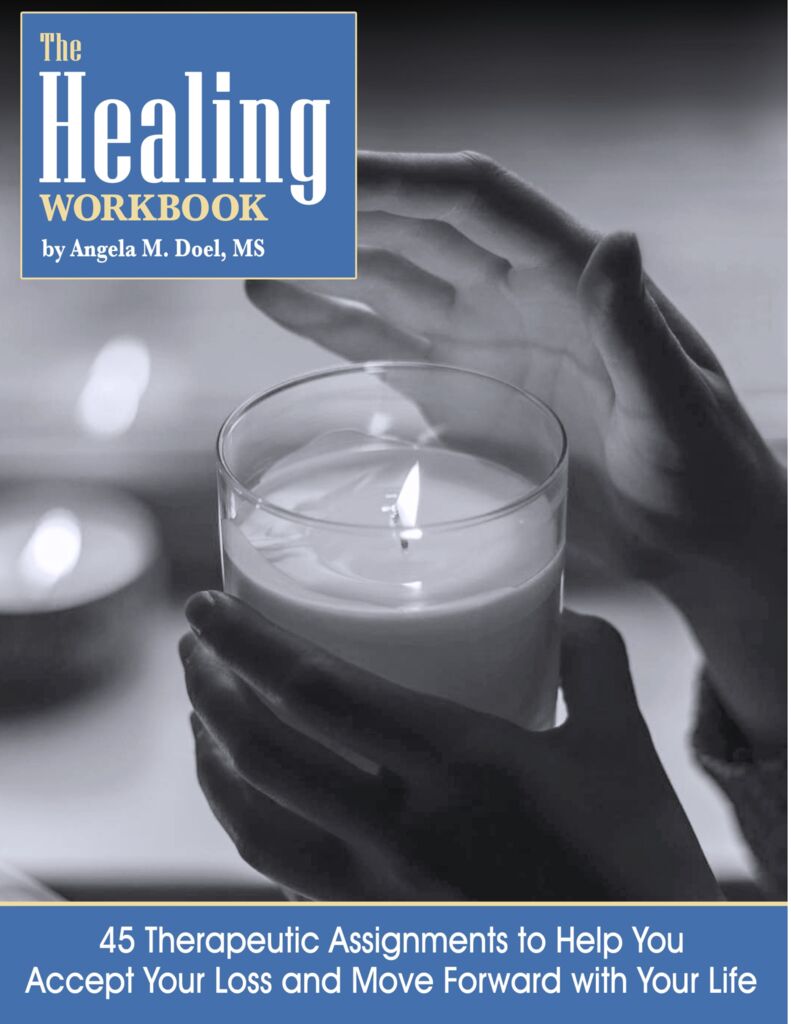Studies tell us that when professionals prescribe therapeutic homework, clients report significantly better outcomes. Our worksheets are derived from evidence-based therapies, and they are designed by experienced professionals. Use the navigation links on the left of this page to view tools in a specific category. Or use the search box at the top of this page to find the exact tool you are looking for.
To modify the tools, click the ‘Send to Client’ button by each tool to open the Psychology Forms Filler. You can then edit the tool as you see fit and either print it out or send it to a client to be filled out online. Click here for a tutorial on using the Psychology Forms Filler.
If you can’t find what you are looking for on this site, please let us know by
clicking here and our team of writers, graphic artists, and therapists will custom-design it for you.
This worksheet can be used by couples to explore the things that are stressing them, and then give support and constructive feedback. (0422, couples counseling, marriage counseling, feedback)
This worksheet has 9 strategies to help people develop self-control. A chart is also provided to help people keep track of their “no-go” efforts. (0422, impulse control, ADHD, addiction, compulsive behavior eating disorders)
This Mindfulness Worksheet helps people learn to just be still. It suggests mindful tasks to practice while being still and asks people to describe their reactions to being still. (0422, mindfulness, meditation, ADHD, anxiety, focus, multi-task)
What could be more important than caring? This tool by RandomActsofKindness.org is designed to give families practical ways to support caring for others as well as self-care in the home. (0422, emotional intelligence, caring, self-care)
This worksheet is designed to help people who typically react defensively when they receive negative feedback or criticism. The worksheet gives 11 strategies to reduce defensiveness and a “quiz” which can help people determine if they are becoming less defensive. (0422, communication, relationships)
Automobile accidents are common and many people are traumatized by this kind of event. This worksheet helps people assess whether their symptoms would be considered post-traumatic stress. It gives people nine strategies to deal with stress, including things they can do by themselves and things they can do with a professional. A chart is included to help people write down and rate which strategies work best in helping them deal with post-traumatic stress caused by the accident. (0422, trauma, PTSD, accident)
This worksheet is intended to help people who believe that their partner is frequently lying to them. It helps them understand the reasons that people lie in a relationship, how to know when someone is lying and how to respond if they are being lied to on a regular basis. (0422, lying, dishonesty, family therapy, marriage)
This worksheet is designed to help people see when boundaries are a problem in their families. It suggests ways for people to deal with others who are crossing boundaries and suggests things people can do if they have difficulty in establishing personal boundaries. (0422, boundaries, relationships, family therapy,
This worksheet guides people through 10 activities to help them find their “Life Purpose.” Guided questions help them think about their unique strengths and gifts as well as their values. (0422, values, coaching, happiness, meaning, depression)
The Healing workbook contains 45 Therapeutic activities in 7 sections including Understanding Grief, Self-Care, Healthy Ways to Cope, Receiving Support, Family Relationships, Remembering Your Loved One, and Moving Forward. Each worksheet has three sections: What to Know, What to Do, and Reflections on This Exercise. What to Know offers background information about the issue(s) being addressed in the worksheet. What to Do features a variety of exercises, including thought-provoking questions to answer, charts to track activities, and questionnaires to complete. (0422, healing, grief, death, loss)


